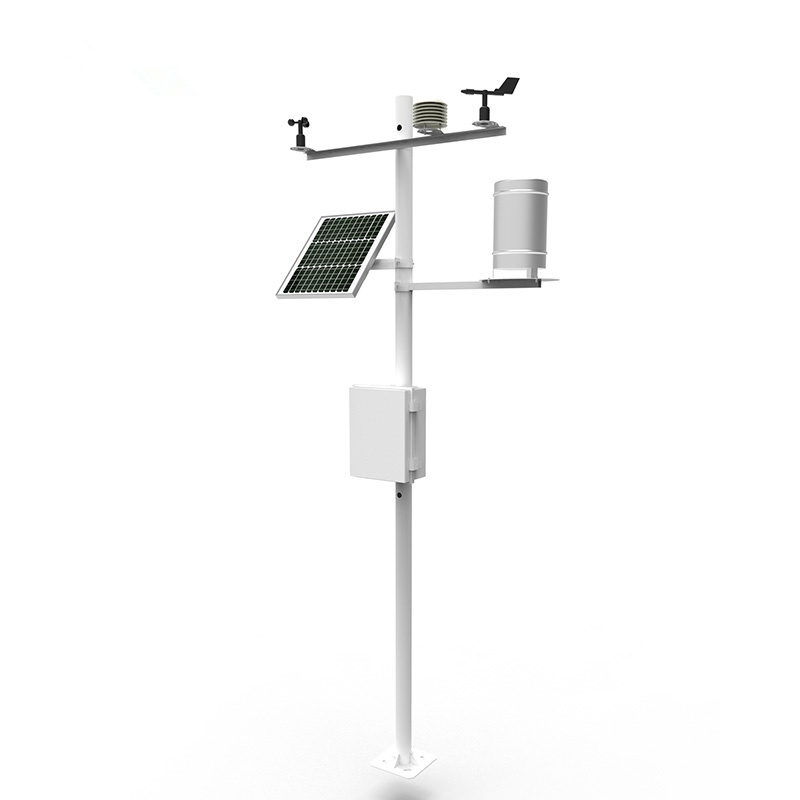Meteorological environment monitoring equipment supplier
Insist on doing high-precision customer favorite technology products
A brief introduction to the application of several iot technologies in the field of smart agriculture.
1. Precision agriculture: It is an agricultural operation mode that uses the Internet of Things technology and information and communication technology to optimize output and save resources. Precision agriculture uses iot devices to obtain real-time data on farmland, soil, and air conditions, greatly enhancing sustainability while ensuring efficiency.
2. Smart irrigation: Internet of Things technology can improve irrigation efficiency and reduce water waste. The intelligent irrigation system based on the Internet of Things measures parameters such as air humidity, soil moisture, temperature, and light to accurately calculate irrigation water consumption. Intelligent irrigation technology has been widely used in the field of fruit and vegetable planting, and practice has proved that it can greatly improve irrigation efficiency.
3. Agricultural drones: There are already mature cases of this. We've looked at farm stewards before. Drones have rich applications in agriculture, where they can be used to monitor crop health, take photos in agriculture, and manage livestock. Drones can monitor large areas at low cost, and sensors can easily collect large amounts of data.
4. Intelligent greenhouse: Intelligent greenhouse can continuously monitor temperature, air humidity, light, soil humidity and other environmental variables. And minimize human influence in the crop growing process. When the external climate changes, the greenhouse automatically performs the adjustment function to keep the indicators at the most suitable level for crop growth. This has been widely used in greenhouse fruit cultivation.
5. Soil Monitoring systems: Soil monitoring systems help agricultural growers track and continuously improve soil quality and prevent soil deterioration. Physical, chemical and biological indicators of soil (e.g. soil quality, water holding capacity, absorptivity, etc.) Monitoring through iot devices can reduce the risk of soil erosion, densification, salinization, acidification, toxic contamination and other hazards to soil quality.
6. Precision livestock farming: Precision livestock farming can monitor livestock farming, health and growth status in real time to ensure safety and risk free. Producers can use advanced technologies to implement continuous monitoring and make decisions based on the results to improve livestock health. Now modern pig farms and cattle farms have gradually been used.
